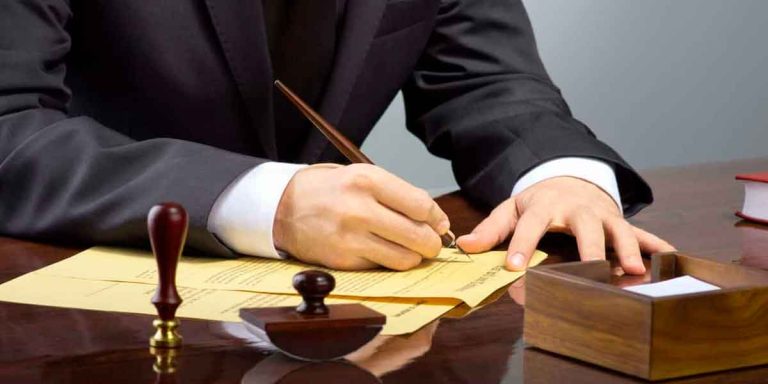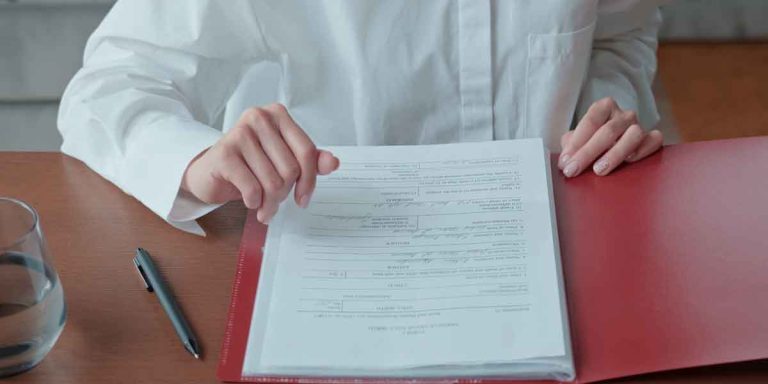
Estate Plan Bundle
What Estate Planning Includes An estate plan can provide you the essentials needed to make sure your estate and all your assets are in good
Home » Estate Plan » Page 34

What Estate Planning Includes An estate plan can provide you the essentials needed to make sure your estate and all your assets are in good

SET AN ESTATE PLAN An estate plan can provide you the essentials needed to make sure your estate and all your assets are in good

Medical Power of Attorney and Its Significance in Estate Planning. Why does the need for a power of attorney for healthcare arise? When does the

Our Estate Tax Services We provide services related to estate taxes in Nassau County and Suffolk County. Our lawyers will show you where any possible

Estate planning lawyers have dedicated their time to directing clients with matters of estate planning because they are skilled and have experience with the rules

Fixing An Unequal Estate Plan An unequal Estate plan can be defined as an estate plan where a decedents children don’t have a fair share

What Estate Planning Includes An estate plan can provide you the essentials needed to make sure your estate and all your assets are in good

Common mistakes estate owners make is taking estate planning with levity and considering it to be a DIY activity. An estate plan covers a lot

Why An Update When it comes to already having an estate plan there can be events that can occur where you need to change up

ESTATE PLANNING When planning an estate plan in New York State it is important to know the terms to understand with what you’re doing. Terms